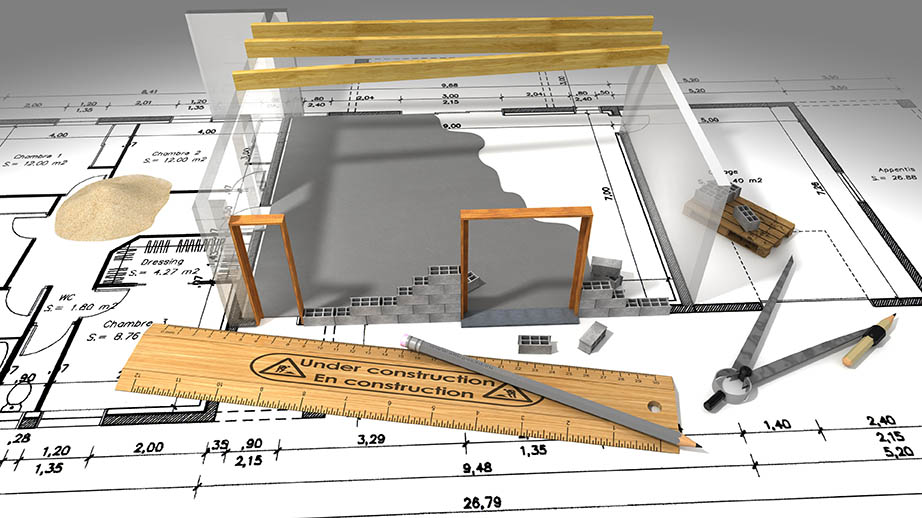
13 Feb Purchasing Off The Plans
You’ve seen your dream home – the only problem is it isn’t built yet. Is it ever a good idea to buy off the plans?
The short answer is yes – there are some advantages to buying property before it’s been built, but there are some obvious cons too. The trick, as with any purchasing property of any type, is doing your due diligence and when buying off the plans that means really digging down into the detail.
Some of the pros of buying off the plans are that you can often get the property you want, in a good location within the development, at a lower price by getting in early. Prices can often rise as a development nears completion, especially if it is proving popular.
By buying early and making your deposit (generally between 10% to 20% of the sale price) you are securing a place in the market and can benefit from any market price increases over the period of construction.
The cons of course are not ending up with the property you thought you were paying for, built and finished to a lower standard or, worse, having the developer default on construction because they don’t have enough funds to complete it.
Here are some things to think about before handing over your money on a planned development:
- Check your sources. Once you’ve found a place you like the look of do some homework on the developer. What projects have they been involved in previously? How successful have they been? Do they have a track record of happy customers or a litany of complaints?
- Be visionary. If you can, visit the development site and figure out where your chosen property fits within it. How much sun and natural light is it likely to get and at what times of the day in which parts of the property? How much outdoor space will you have? What is the street access and or off street parking like? How close are your neighbours? What will the views be like? How likely are they to be built out? Make sure you have a clear picture of how big the house and all the interiors will be. Don’t rely purely on plans, artist impressions and show homes.
- The devil is in the detail. If you decide to proceed you need to go over the sale and purchase agreement with a fine-toothed comb – and a lawyer. You need to make sure you have an extremely thorough and clear understanding of what you are buying. Most disputes arise because buyers are disappointed the finished property is not up to their expectations. Make sure the contract covers everything the developer is responsible for including in the finished development. You should be clear on how much the developer is permitted to deviate from the original plan during construction. Most contracts will include a percentage amount that developers may change from the plans. Buyers should keep this as low as possible and be clear about what it can affect. Remember even a small percentage change can impact the size of your view, or outdoor living or storage space for example.
- Be clear on the financials. Make sure you know where your deposit will be kept and how long the conditional period is. Contracts for off-the-plans purchases can also include a cooling off period during which buyers can change their mind, but be aware there will still likely be a financial penalty. Contracts can also include a sunset clause which allows buyers a way out should the project completion be excessively delayed. However, buyers should also be aware that these clauses have on occasion been used as a loophole by developers to cancel contracts and resell at a higher price. Aim to negotiate so the sunset clause can work in your favour as a buyer and not just for the benefit of the developer.
- Seek independent advice. On completion of the build it’s a good idea for buyers to seek an independent building report to ensure everything is completed to a legally required and contractually agreed level.


